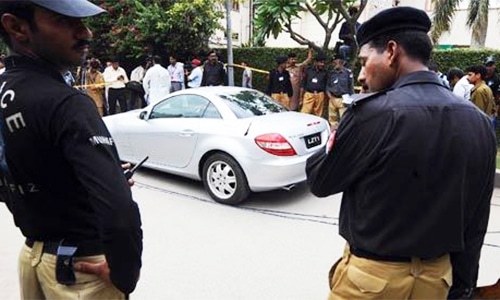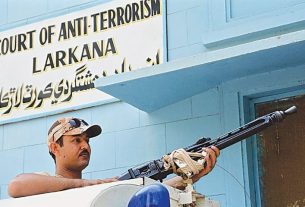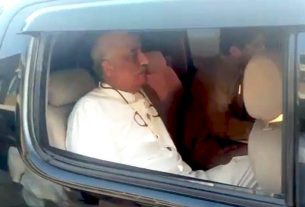LAHORE: In what appears to be a major development, station house officers (SHOs) in Punjab have regained their ‘judicial powers’ of granting bail to accused in both bailable and non-bailable offences under the rules vested in them over a century back during the British era.
The Punjab police chief recently issued a circular to all heads of the police to ensure implementation of the standing orders in letter and spirit.
The in-charge of a police station was vested with powers under sections 169, 496 and 497 of the Criminal Procedure Code (CrPC), 1898.
The initiative was taken after the steering committee on police reforms in a meeting held recently in Islamabad took some decisions for reforms in the police, prosecution and judiciary.
Earlier while chairing a meeting of the committee, Chief Justice of Pakistan Asif Saeed Khan Khosa, who is also chairman of the Law and Justice Commission of Pakistan (LJCP), had formed the committee for reforms in the criminal justice system.
Under the CrPC rules in question, the in-charge of a police station can release the accused of a case on insufficient evidence or he/she can defer the arrest on sufficient grounds.
Inspector General of the Punjab Police Amjad Javed Saleem in his standing order circulated to all police heads, including the Lahore capital city police officer and regional police officers, referred to the relevant clauses of the police rules.
“If, upon an investigation under this Chapter, it appears to the officer in-charge of the police station that there is not sufficient, evidence or reasonable ground of suspicion to justify the forwarding of the accused to a Magistrate, such officer shall, if such person is in custody, release him on his executing a bond, with or without sureties, as such officer may direct, to appear, if and when so required, before a Magistrate empowered to take cognizance of the offence on a police report, and to try the accused or commit him for trial”, reads Section 169 of the Crpc 1898.
He stated that the chairman of the standing committee on police reforms during the meeting held at the Supreme Court’s building in Islamabad discussed in detail the negative impact of enormous burden of bail on courts.
A large number of innocent citizens have to undergo mental and physical torture while moving courts in the wake of fake cases.
He said unnecessary arrests by the police also came under discussion in the meeting.
Following the meeting, the police chiefs were directed to exercise the powers under the CrCP relevant sections, including 169, 496 and 497, in order to ease burden on courts and to provide relief to the public.


